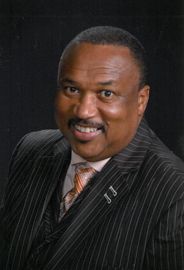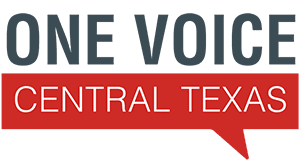What does your organization do?
Child Inc Head Start is a national high quality research-based early childhood development program designed to promote school readiness for income eligible families with children ages 0-5, including pregnant mothers. Child Inc is focused on closing the achievement gap between more affluent peers and lower income children.
For over forty three years, Child Inc has been preparing very low-income preschool children to succeed in school. Education theories, practices and service models may change over time; however, our core belief that all children - especially high-risk, very young children need comprehensive early education that involves the entire family grows ever stronger.
We pursue a strong, clear, and comprehensive focus on all aspects of healthy development, including social, emotional, cognitive, and physical development. School ready children possess the skills, knowledge and attitudes necessary for success in school and later in life.
CORE PROGRAMS
Early Head Start (EHS) for 0 to 3 year-olds:
Designed to serve pregnant women, infants, toddlers and parents. EHS is a comprehensive early education and child development program providing a variety of activities that help children grow mentally, socially, physically and emotionally. Our infants and toddlers receive all of the Head Start comprehensive services, such as early education, health, dental, nutrition, mental health, social services, parent training, and parental involvement opportunities. To accommodate the unique needs of our families, EHS offers both center-based and home-based learning environments.
Head Start for 3 to 5 year-olds:
Head Start is a comprehensive early education and child development program enhancing a child's cognitive, social, and emotional development. The program provides a learning environment that supports children's growth in many areas such as language, literacy, and social and emotional development based on each child's individual needs. All children in Head Start benefit from a comprehensive health program, promoting preventive health care and assistance in establishing a medical home.
Home Based Services 0 to 5 year-olds:
Our in-home services are designed to serve stay-at-home mothers or mothers-to-be. The goal is to support mothers to become their child's first teacher. Services are provided by trained home-based teachers who conduct hour-and-a-half weekly visits that include instructional and parenting education to mothers, and modeling techniques with the child while the mother observes.
Parent, Family and Community Engagement:
Head Start emphasizes the role of parents as their child's first and most important teacher. Programming helps build relationships with families that support family well-being and many other important areas. Parents' positive involvement in the early childhood stage can help in their child's cognitive development as well as school readiness and achievement.
Parent involvement provides opportunities for parent participation in a variety of program activities that support child and adult development, including policy and Child Inc program decision making.
Family Engagement provides ongoing, goal-directed relationships between Child Inc staff and families that are mutual, culturally responsive, and that support what is best for children and families, both individually and collectively. Staff and families share responsibility for the learning and development of children, the progress toward outcomes for children and families, and for parent involvement in our program. We also have a Fatherhood initiative which includes “The Dad Show”, a talk radio program that discusses subjects that affect fathers, strengthens families, and concentrates on positive youth development, healthy marriages, and supporting the family as a whole.

